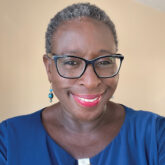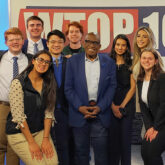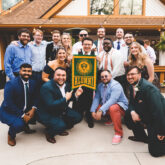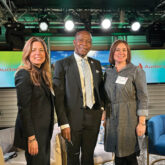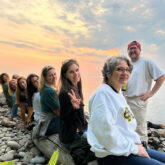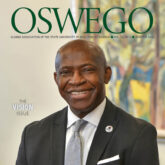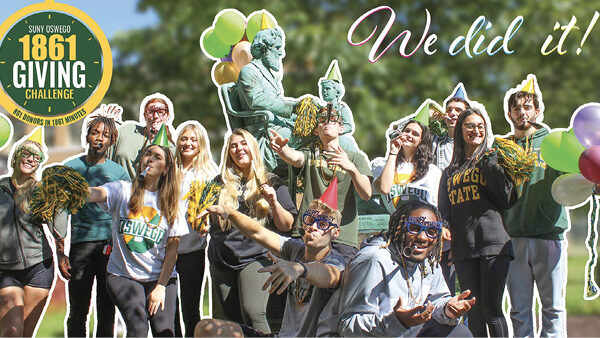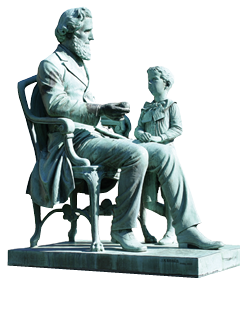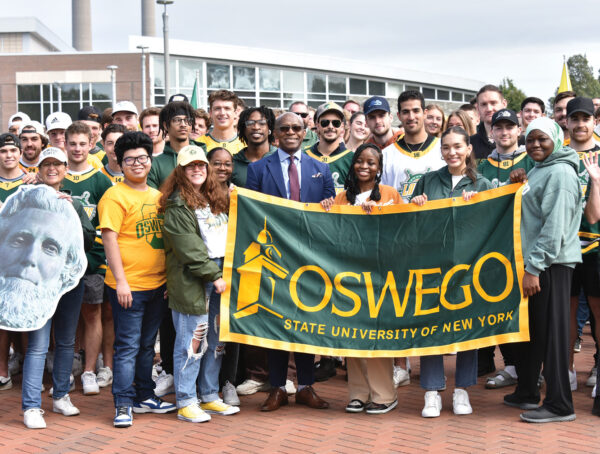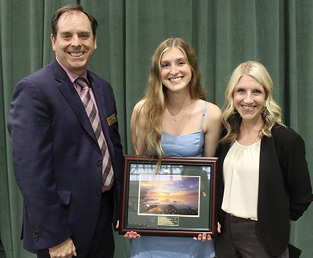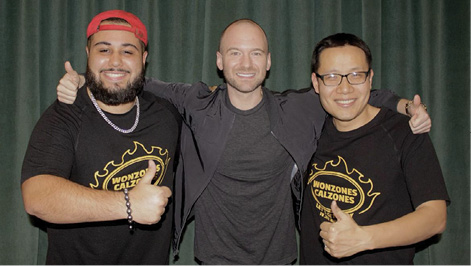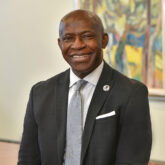Q. Why is experiential learning important, especially in the
current economy?
A. It provides learners with valuable opportunities to apply knowledge to real solutions. In the current economy, students want tangible experiences to differentiate themselves in decreasing job markets and increasing competition. Most employers seek individuals with broad and field specific knowledge, experiential learning offers students the added opportunity to demonstrate higher-level competencies such as critical thinking and problem solving.
Q. Oswego has a history of hands-on learning. How have we evolved?
A. Founder Edward Austin Sheldon’s learning philosophy continues to serve as an inspiration to the college based on the philosophy and practice that students learn best by doing. Experiential education has been a formal part of the academic curricula dating back to Sheldon; today it extends across a broad range of subject areas and disciplines. As our understanding of learning theories and cognitive development increases, more faculty recognize the benefit of offering students opportunities to learn through direct experiences. Since 2000 we have observed a more than 200 percent increase in service learning by our students.
Q. What are some new initiatives?
A. Our new software engineering program provides hands-on experiences designed to combine the principles of inquiry with group process. Students interface with business on real-world, industry-relevant projects and work as part of a team under the supervision of a faculty member and a practicing engineer. The Global Laboratory, a distinctive research abroad program, offers students an opportunity to conduct scientific research on cutting-edge subjects. Mentored by skilled scholars in leading universities across the globe, students can positively affect the people and
local communities where the research
is conducted.
Q. What’s in the future?
A. I see an increasing demand from students and a thoughtfully engaged faculty wanting to bring learning alive through internships, service learning, field work, and cooperative education where students alternate classroom study with practical work experience. We plan to expand contextual learning as an instructional strategy to more students by making connections to alumni, businesses and community organizations interested in challenging students with problem solving in real-world settings.
— Lorrie Clemo, Interim Provost
You might also like
More from Campus Currents
University Celebrates Third Annual Founder’s Weekend
University Celebrates Third Annual Founder’s Weekend Several hundred members of the Laker community gathered together on campus to learn about the …
SAVAC Captain, Biology Major Named 2023 Outstanding Senior Award Winner
SAVAC Captain, Biology Major Named 2023 Outstanding Senior Award Winner Shannon Harris ’23, a biology major from Webster, N.Y., was selected …
Students Recognized with Four Statewide Broadcasting Awards
Students Recognized with Four Statewide Broadcasting Awards Zachary Nusimow ’23 M’24, broadcasting and mass communication graduate and current MBA student, earned …
